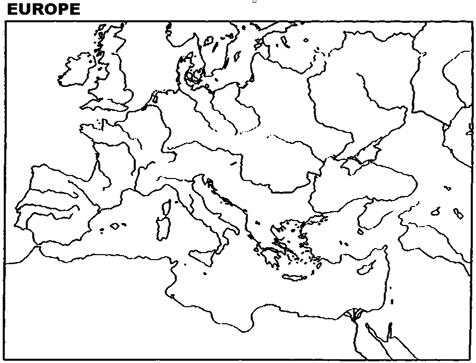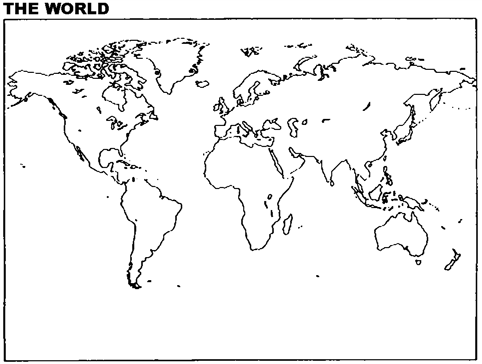Exam 18: The Age of Enlightenment: Reason and Reform
Exam 1: The Ancient Near East: The First Civilizations85 Questions
Exam 2: The Hebrews: a New View of God and the Individual90 Questions
Exam 3: The Greek City-State: Democratic Politics78 Questions
Exam 4: Greek Thought: From Myth to Reason77 Questions
Exam 5: The Hellenistic Age: Cultural Diffusion76 Questions
Exam 6: The Roman Republic: City-State to World Empire75 Questions
Exam 7: The Roman Empire: a World-State90 Questions
Exam 8: Early Christianity: a World Religion79 Questions
Exam 9: The Heirs of Rome: Byzantium, Islam, and Latin Christendom95 Questions
Exam 10: The High Middle Ages: Vitality and Renewal83 Questions
Exam 11: The Flowering of Medieval Culture: the Christian Synthesis78 Questions
Exam 12: The Late Middle Ages: Crisis and Dissolution76 Questions
Exam 13: The Renaissance: Transition to the Modern Age88 Questions
Exam 14: The Reformation: the Shattering of Christian Unity84 Questions
Exam 15: European Expansion: Economic and Social Transformations88 Questions
Exam 16: The Rise of Sovereignty: Transition to the Modern State84 Questions
Exam 17: The Scientific Revolution: the Universe Seen As a Mechanism81 Questions
Exam 18: The Age of Enlightenment: Reason and Reform89 Questions
Select questions type
The most powerful conflict between Austria and Prussia in the eighteenth century was over
Free
(Multiple Choice)
4.9/5  (35)
(35)
Correct Answer:
B
Key Terms Instructions: Please define the following key terms. Show Who? What? Where? When? Why Important?
laissez faire
(Short Answer)
4.8/5  (32)
(32)
Instructions: Please use this outline map of Europe to answer the question(s).
 Locate and label the following sites: the original home of the Freemasons, the location of the Grand Lodge of the Freemasons, and the country of origin of the Encyclopedia.
Locate and label the following sites: the original home of the Freemasons, the location of the Grand Lodge of the Freemasons, and the country of origin of the Encyclopedia.
(Not Answered)
This question doesn't have any answer yet
John Locke's ideal form of government can best be described as a
(Multiple Choice)
4.9/5  (37)
(37)
Key Terms Instructions: Please define the following key terms. Show Who? What? Where? When? Why Important?
skepticism
(Essay)
4.9/5  (43)
(43)
The term freethinking , as applied to individuals in the eighteenth century, suggested
(Multiple Choice)
4.8/5  (37)
(37)
Instructions: Please write a thorough, well-organized essay to answer each question. What is the difference between skepticism and freethinking? Provide examples of each.
(Essay)
4.9/5  (38)
(38)
Instructions: Please write a thorough, well-organized essay to answer each question. Compare and contrast the ideas of Thomas Hobbes, John Locke, and Jean Jacques Rousseau about the origin of the state. What was the relationship of the citizen to the state according to each of these men?
(Essay)
4.8/5  (29)
(29)
That "Man is born free; and everywhere he is in chains" was the stirring pronouncement of
(Multiple Choice)
4.8/5  (33)
(33)
Instructions: Please write a thorough, well-organized essay to answer each question. In challenging traditional values and authorities, how did the Enlightenment contribute to a new, modern worldview?
(Essay)
5.0/5  (45)
(45)
Key Terms Instructions: Please define the following key terms. Show Who? What? Where? When? Why Important?
salons
(Essay)
4.9/5  (40)
(40)
Instructions: Please use this outline map of the world to answer the question(s).
 Locate and label the areas belonging to the following colonial empires in 1750: Spanish, Dutch, French, and British.
Locate and label the areas belonging to the following colonial empires in 1750: Spanish, Dutch, French, and British.
(Not Answered)
This question doesn't have any answer yet
All of the following characterized civil society and the public sphere in Enlightenment Europe EXCEPT
(Multiple Choice)
5.0/5  (29)
(29)
Showing 1 - 20 of 89
Filters
- Essay(0)
- Multiple Choice(0)
- Short Answer(0)
- True False(0)
- Matching(0)